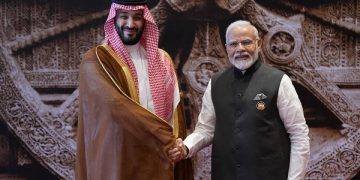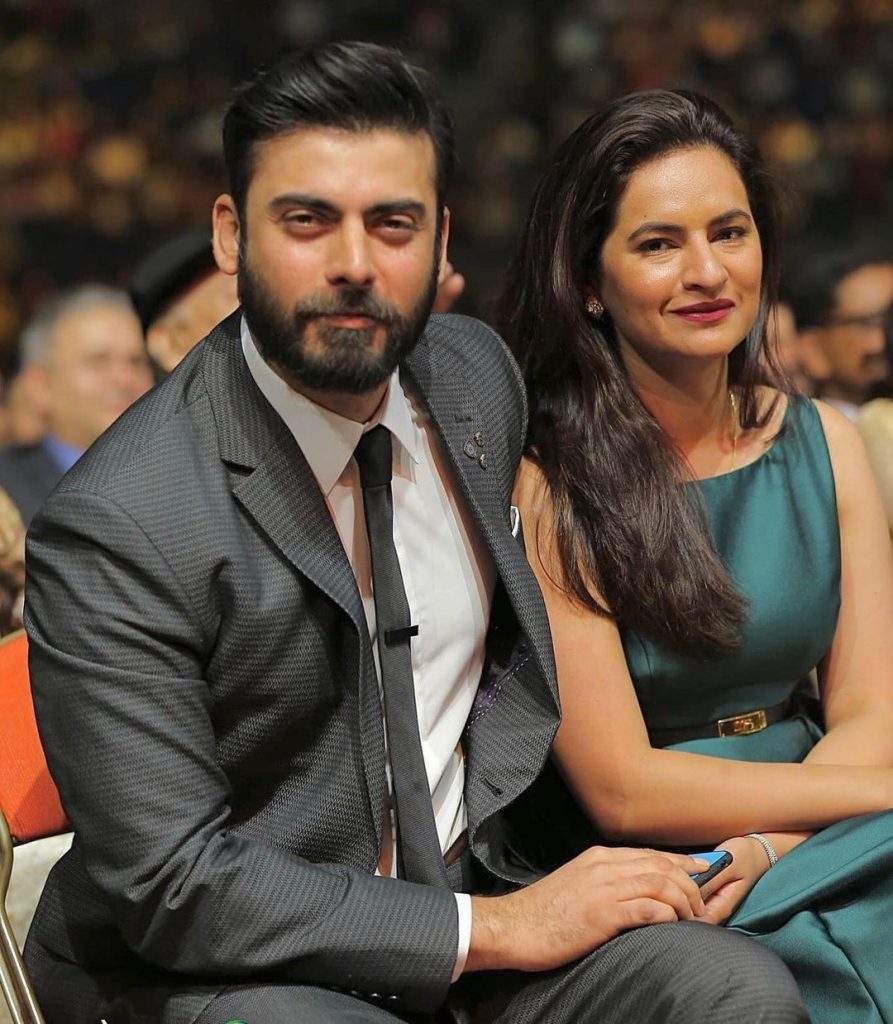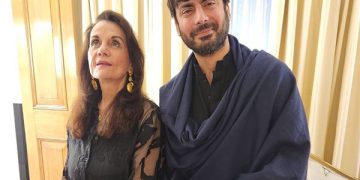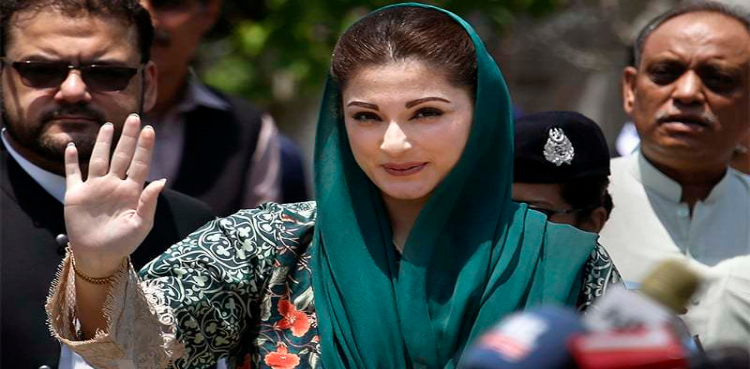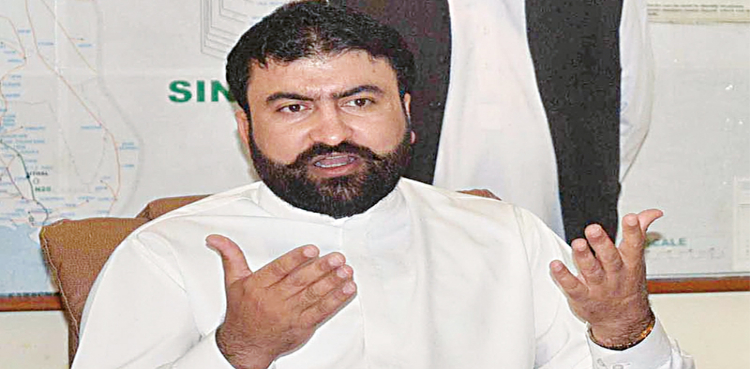The Aga Khan, known for his triumphs in horse racing, dazzling wealth and development work around the world, has died in Lisbon at the age of 88, according to the Aga Khan Development Network on social media.
The announcement of his designated successor will follow, the network said.
The 49th hereditary imam or spiritual leader of the world’s 15 million Ismailis, his name also became synonymous with success as a racehorse owner, with the thoroughbred Shergar among his most famous.
The multi-millionaire, perhaps billionaire, also enjoyed a lavish lifestyle, characterised by private jets, a $200 million super-yacht and a private island in the Bahamas.
Estimates of his wealth varied from $800 million to $13 billion, with his money coming from his family inheritance, his horse breeding business and his personal investments in tourism and real estate.
The international jet setter — who held British, French, Swiss and Portuguese citizenship — also poured millions into helping people in the poorest parts of the world.
“If you travel the developing world, you see poverty is the driver of tragic despair, and there is the possibility that any means out will be taken,” he told the New York Times in a rare interview in 2007.
By assisting the poor through business, he told the newspaper, “we are developing protection against extremism”.
Prince Shah Karim Al Husseini was born on December 13, 1936 in Geneva and spent his early childhood in Nairobi, Kenya.
He later returned to Switzerland, attending the exclusive Le Rosey School before going to the United States to study Islamic history at Harvard.
When his grandfather Sir Sultan Mahomed Shah Aga Khan died in 1957, he became the imam of the Ismailis, at the age of 20.
His grandfather chose Karim as his successor over his flamboyant son – Karim’s father Prince Aly Khan — who was once married to Hollywood actress Rita Hayworth.
He was the fourth holder of the title which was originally granted in the 1830s by the emperor of Persia to Karim’s great-great-grandfather when the latter married the emperor’s daughter.
The role included providing divine guidance for the Ismaili community, whose members live in Central Asia, the Middle East, South Asia, sub-Saharan Africa, Europe and North America.






